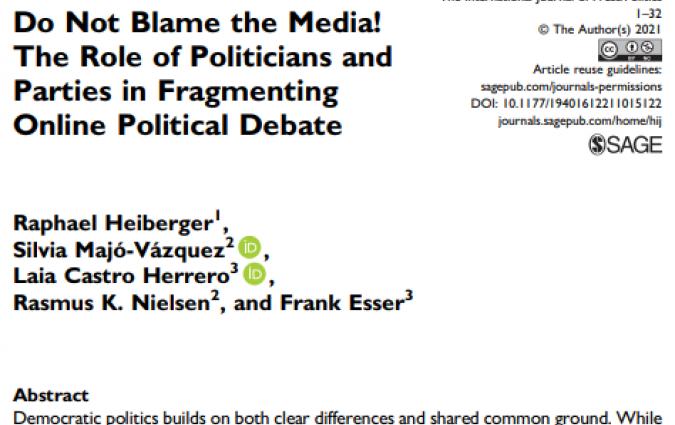Bulk Collection: Broken Democracy? Journalism and post-Snowden legislation, Comparative study: Australia and the United Kingdom

Reuters Institute Fellow's Paper
What is the impact of state surveillance on journalism?
This paper by Lisa Main, a journalist for ABC, and a member of their investigative unit, aims to contribute to the debate.The mandatory bulk collection of data by governments presents liberal democracies with a dilemma.
Can western governments maintain their commitment to a free press, whilst simultaneously compromising a fundamental principle of the journalism trade? Bulk data collection means communication between a journalist and their source is recorded and can be accessed by the state – indeed, by the very authorities on which reporters are charged with maintaining an informal check of power.
The temptation of governments to uncover the source of a damaging story is well known and documented. If sources or whistleblowers know they can be easily identified they are less likely to come forward, resulting in what’s often referred to as the chilling effect. Focusing on the post-Snowden era, this paper examines legislation governing the mandatory retention of data. It compares bulk data collection schemes in two liberal democracies; Australia and the United Kingdom. Both are parliamentary democracies and both are members of the Five Eyes intelligence sharing group. Legal analysis is discussed with a wide variety of stakeholders, including a former British intelligence chief, the Australian Federal Police, constitutional experts, news editors as well as those responsible for oversight of data retention.
As with all Fellows’ research papers, any opinions expressed are those of the author and not of the Institute.
Image: REUTERS/Rafael Marchante





